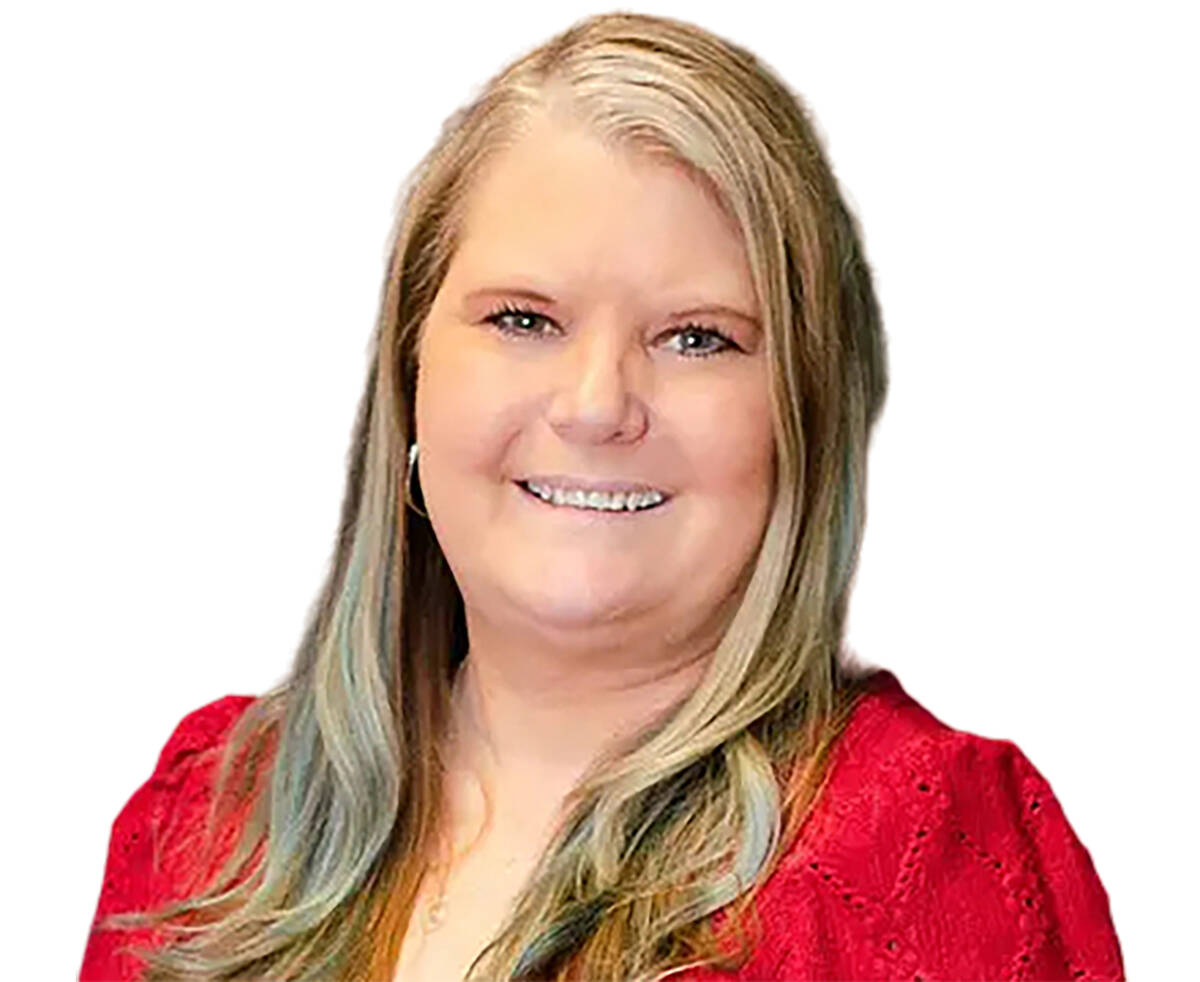Leading the fight for mental health parity in Nevada
I have talked at length in this column about some of the critical issues plaguing the mental health system in our state. I have discussed the shortage of psychiatrists, the long wait lists to see therapists and the unaffordability of mental health services for many.
I have profiled advocates and providers from various disciplines who are working on the front lines and yielding solutions. What I have gleaned is that, despite the incredible efforts of so many, we must continue working to address the enormous challenges facing Nevadans.
As an old African proverb states, “We can go fast alone, but much farther together.”
For the past 13 years, I have known licensed clinical psychologist Michelle McGuire, a voice for so many who lack a voice of their own. She has also done a lot on behalf of mental health providers to address the low reimbursement rates provided by insurance companies.
Filling a void
McGuire is the co-founder, owner and CEO of Creative Behavioral Connections, a multidisciplinary clinic focused on providing individualized treatment for autism spectrum disorders and related disorders.
ASD is a neurodevelopmental condition that impacts how people communicate, interact, learn and behave. The Centers for Disease Control and Prevention estimates that 1 in 36 children have ASD and over 52,000 people in Nevada live with autism.
The prevalence of ASD has increased through the years in part because of awareness.
“We have found that, no matter what, there are waitlists for diagnostic testing and services, so I try really hard when there is a potential diagnosis to not wait to provide the families with the necessary resources and support,” McGuire says.
I know how unsettling it can be to receive a life-altering diagnosis, and McGuire and her team do a remarkable job of not only being there for the families they serve but also walking with them through their journeys.
“There is a form of grief when a family receives a formal diagnosis that their child is on the spectrum,” she says. “Parents often want to know what the rest of their child’s life is going to look like, and we try to educate the families and incorporate what they value the most in the treatment.”
Boys are several times more likely to be diagnosed by the age of 5 than girls, who tend to be diagnosed later in adolescence or early adulthood, often because of being misdiagnosed, McGuire says.
“I have found for adult women receiving a diagnosis is validating because it is empowering for women who have been misdiagnosed their whole life,” she says. “Autism is a lifelong condition, and it looks different at each stage, and we need to have different treatment interventions at those stages.”
McGuire also pointed out that the Nevada Legislature has recognized ASD as being a lifelong condition, which is important in considering each individual person’s unique needs and the resources needed to meet those needs.
“If I have tools to help you understand yourself better, you have the right to utilize those tools to function optimally,” she notes.
Mental health parity
Clinical psychologists are the only professionals who can provide psychological testing. However, individuals with autism cannot receive services without a neuropsychological evaluation. Clinical psychologists continue to be underappreciated by insurance companies, which is indicated in the low reimbursement rates they receive for their services.
“Many providers such as clinical psychologists are no longer accepting insurance, including Medicaid, because they are not getting paid adequately. Also, the prior authorization process is at times frustrating and overwhelming, which only adds to the barriers provided by the insurance companies,” McGuire says.
As a mental health provider, I can relate to the ongoing burdens posed by insurance providers. I have stopped accepting most private insurance because of the low reimbursement rates, the amount of paperwork involved in the prior authorization process and the length of time it takes to be reimbursed.
With more mental health providers across the state of Nevada opting to no longer accept insurance, more Nevadans are forced to either pay for services out of pocket or not receive services at all, which is unjust. I commend McGuire for taking on this fight.
“Nobody is holding the insurance companies accountable for what they are doing, so the clients suffer, and the mental health of Nevadans suffers,” McGuire says.
“I am helping to push some legislation through with the hope of getting the insurance commission to hold insurance companies accountable,” she adds, “so mental health providers can get paid the same as medical and surgical for medically necessary services.”
If more people join this fight, victory will be more likely.
Sheldon Jacobs, Psy.D., LMFT, is a licensed mental health professional based in Las Vegas. Contact him at drjacobs10@hotmail.com. Follow @drjacobs33 on X and Instagram.



















